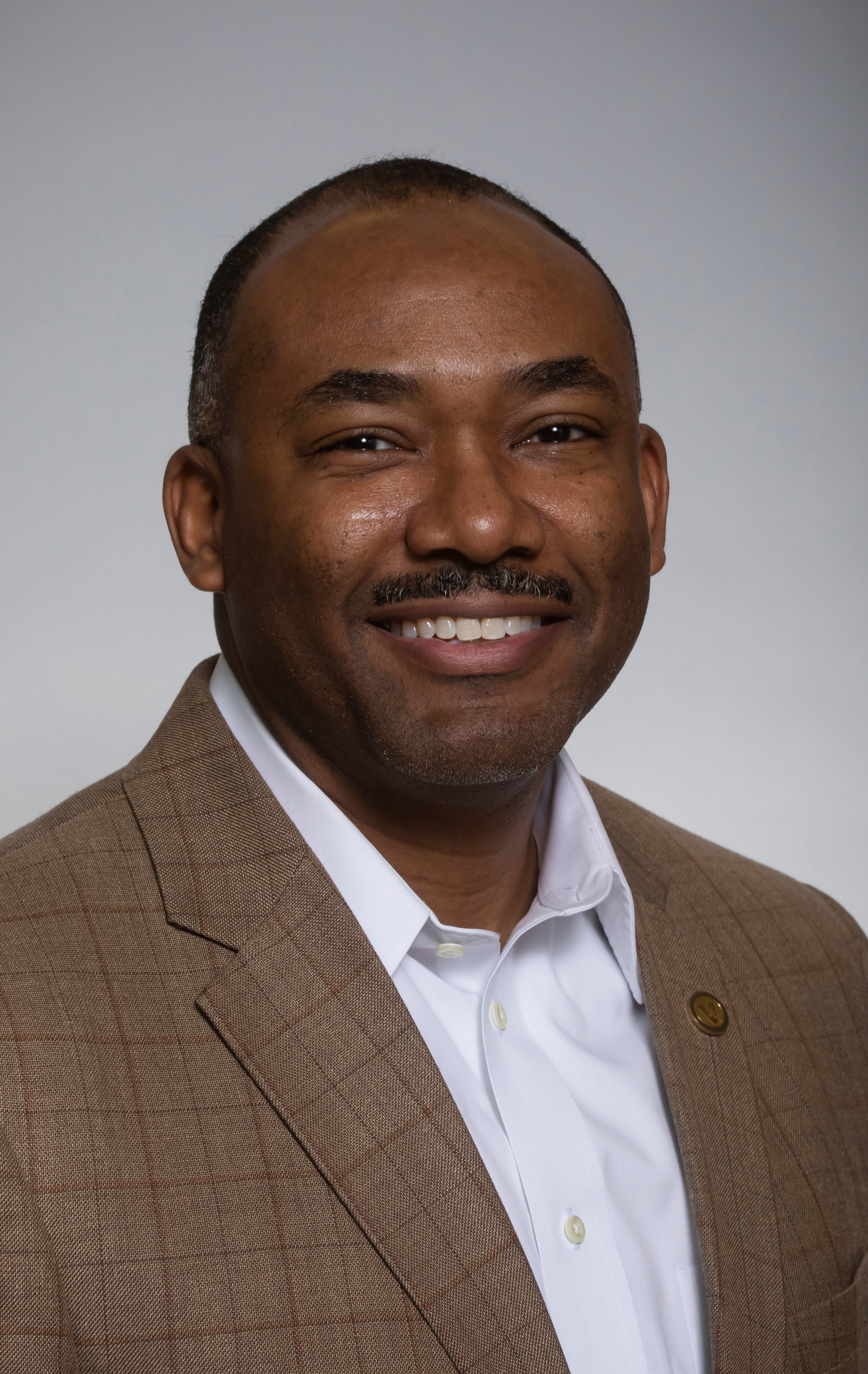Integrated circuits (ICs) in nanometer technologies have become more vulnerable to faults and errors, such as those induced by ionizing radiation (e.g., alpha particles, terrestrial neutrons, muons, protons, and heavy ions). Advancements in technology provide designers with the ability to put more transistors on a single silicon die in order to fabricate increasingly complex designs. However, the decrease in transistor size has allowed more transistors to become sensitive to faults simultaneously. While the effects of radiation have long been a significant concern in spaceborne applications, they are now an important reliability issue for CMOS microelectronics in terrestrial applications, including automotive systems and high-performance computing. The understanding of: (1) how a particle strike will deposit charge within an IC, (2) how multiple nodes will collect charge, and (3) how the resulting transients (i.e., faults) will interact within the design, becomes a challenging problem that extends beyond device analysis and requires information from particle physics, fabrication technology, circuit design, physical layout, and architecture. This talk will describe approaches for cross-layered modeling and simulation to develop reliable computing systems.

William H. Robinson received his B.S. in electrical engineering from the Florida Agricultural and Mechanical University (FAMU) in 1996 and his M.S. in electrical engineering from the Georgia Institute of Technology (Georgia Tech) in 1998. He received his Ph.D. in electrical and computer engineering from Georgia Tech in 2003. He is a tenured Professor of Electrical Engineering at Vanderbilt University. He serves as Vice Provost for Academic Advancement and Executive Director of the Provost's Office for Inclusive Excellence. Dr. Robinson co-leads the Explorations in Diversifying Engineering Faculty Initiative (EDEFI) (pronounced “edify”). He also leads the Security and Fault Tolerance Research Group, which conducts transformational research to address the reliability and security of computing systems. His major honors include selection for a National Science Foundation (NSF) Faculty Early Career Development (CAREER) Program Award and the Defense Advanced Research Projects Agency (DARPA) Computer Science Study Panel. Dr. Robinson is a Senior Member of both the Institute of Electrical and Electronics Engineers (IEEE) and the Association for Computing Machinery (ACM). He is a member of the American Society for Engineering Education (ASEE) and a lifetime member of the National Society of Black Engineers (NSBE).
